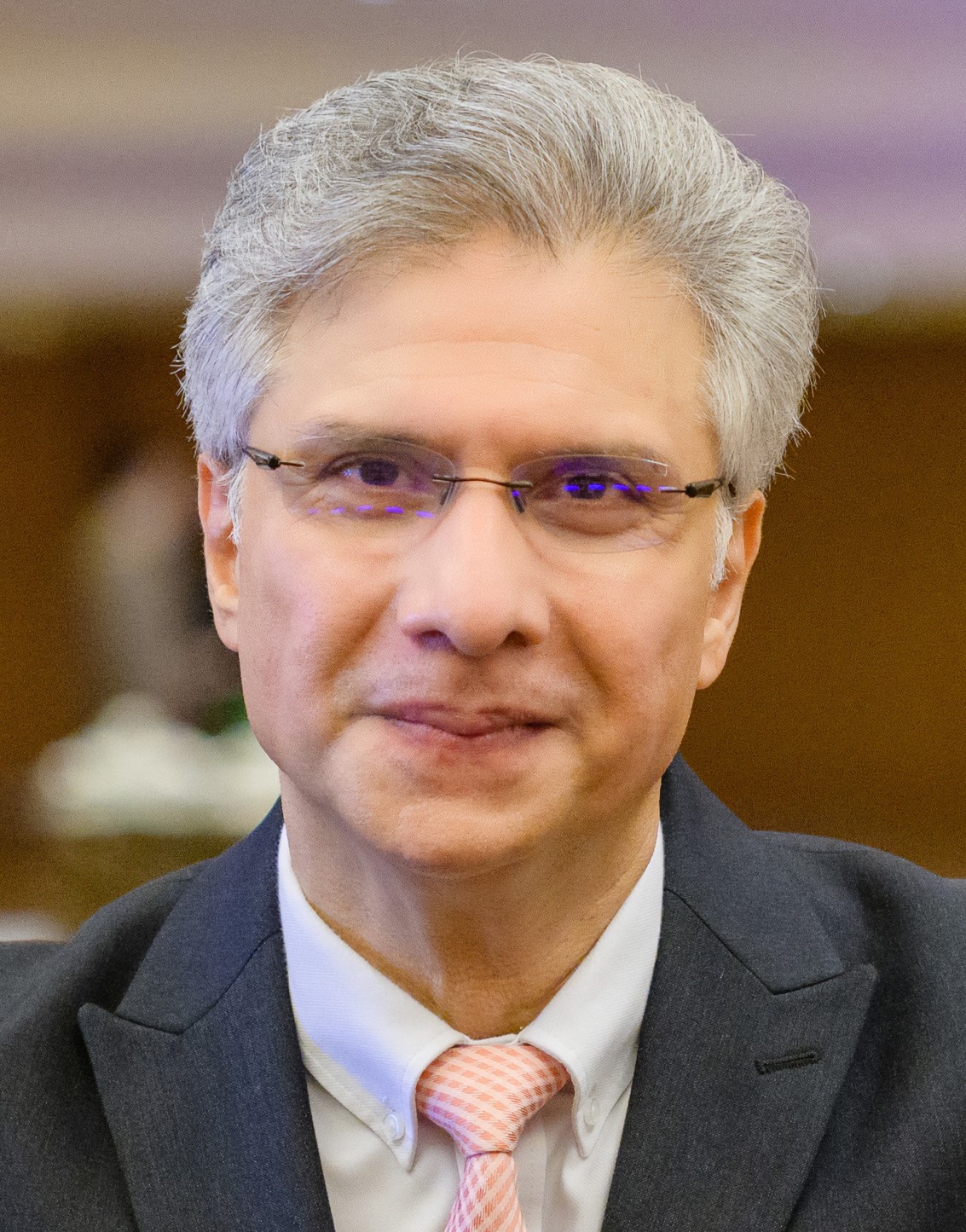In a culture of abundance, scarcity is often equated with adversity. But abundance can be a burden as well, leaving otherwise healthy companies unprepared to deal with extended periods of lack of resources. The global COVID-19 pandemic provided a wake-up call for many organizations in developed economies as they found themselves scrambling to adapt to resource constraints that are a way of life for companies in emerging or frontier economies.
Even organizations that considered themselves to be “innovators” found themselves challenged to maintain momentum and sustain operations as revenue plummeted, supply chains broke, and they were forced to switch quickly to a remote work footing.
While it is common for companies in less-developed economies to look to more developed economies for examples of innovation, in this circumstance those roles have been reversed. When it comes to making the most of scarce resources and getting more for less – a mindset known as “frugal innovation” – there are significant lessons to be learned from those who have been thinking and acting that way out of necessity for years.
Dr. Yasser Bhatti, a leading scholar on the subject, defines frugal innovation as a process that, “discovers new business models, reconfigures value chains, and redesigns products to serve users who face extreme affordability constraints, in a scalable and sustainable manner. It involves either overcoming or tapping institutional voids and resource constraints to create more inclusive markets.”
The five techniques below provide a pathway to frugal innovation to be deployed for both revenue generation and cost optimization by companies everywhere, but especially those who may lack prior experience operating under prolonged resource strain.
Change the mindset
Companies in emerging economies operate against a backdrop of constraints across multiple dimensions. The going-in position for any business decision can be summarized as “not available or not affordable” (NA-NA). Given this mindset, most of the time and energy in business meetings is deployed in identifying creative solutions to the constraints rather than waiting for additional funds or resources to be made available. With practice, the degree of creativity in solutioning (and downstream profitability) climbs significantly. For example, tablets with solar powered chargers could still be used in the field to gather data which would be uploaded only at the end of the day when the user is in a Wi-Fi zone, thereby eliminating cellular charges and the need for battery storage devices.
Test current assumptions
In emerging economies, companies often have to work from the assumption that the resources required for the successful outcome of a project – such as, say, reliable structured data – are unavailable. As a result, they are forced to seek alternative solutions. Businesses in developed economies could use this principle by questioning every core assumption that underpins their strategy or operations. This involves rethinking not only processes and the application of technologies, but also finding new ways to manage and engage people in order to foster diversity of thought and inspire innovation. Such thinking might lead, for example, to a consolidation of management across disparate departments, or the blending of two off-the-shelf software packages to create a more comprehensive solution that’s fit for purpose. Similarly, a company applying frugal innovation might reasonably want to consider the upside profitability of selling their product in smaller, single-use portions, rather than larger bulk packages.
Sharing equals savings
The NA-NA mindset intuitively promotes sharing across departments, functions or geographies. Whether it’s people, equipment or software, usage of every corporate asset will be stretched to its fullest potential, resulting in significant savings over time. Consider a mini-van which in the morning is used to ferry employees to work from remote locations; serves as a courier vehicle for important documentation and packages in the afternoon; and operates in an Uber-model in the evening after office hours. Developed businesses could, as part of their new operating model, only authorize new investments once all internal sharing opportunities have been demonstrably exhausted. From a people perspective, efforts to maximize an employee’s potential by broadening their role, even if that’s driven by a need for frugality, can increase engagement and build cross-functional skill sets. In a world where human capital reporting increasingly matters, that is a collateral business benefit.
Let leaders prove themselves
Transportation and communication links in emerging economies are often tenuous, and the problem has been compounded by the recent pandemic. In many cases, of necessity, regional business leaders have assumed the responsibility for delivering results by adapting their working practices and operating models to suit local conditions without guidance from the head office. Applying this principle, businesses in developed economies could implement guidelines that allow leaders of different departments or geographies to manage their remote or hybrid workforces in a manner that delivers results, focusing on key performance indicators (KPI) such as sales or productivity, rather than a rigid protocol. After all, what works for sales personnel may not apply in the finance department, and vice versa.
View the environment as an asset
The shortage or high cost of manufactured goods in emerging economies means that businesses often must rely on the raw materials provided by nature to sustainably operate their supply chains, from storage to transportation. In addition, the lifespan of physical assets is extended through refurbishment, repair or even repurposing. Companies in developed economies could apply these principles to address the growing environmental, social and governance (ESG) expectations of customers, investors and regulators. For example, they might question default assumptions related to the refresh cycles of both office and manufacturing facilities and equipment. Maybe all laptops don’t need to be replaced every year, or companies might find that they can postpone or cancel facility expansions, now that the pandemic has proven that work-from-anywhere is viable.
In summary, whilst abundance may be an excellent way for individuals to conquer self-doubt and perform to their highest potential, from a corporate perspective a mindset of scarcity might be exactly the kind of out-of-the-box, lateral thinking needed to produce creative solutions that positively impact the corporate bottom line. That could go a long way toward addressing the growing ESG, human capital reporting and profitability concerns of stakeholders. Credit where credit is due, frugal innovation is one area where companies in more developed economies would be well-advised to borrow examples of leadership from emerging and frontier economies.





